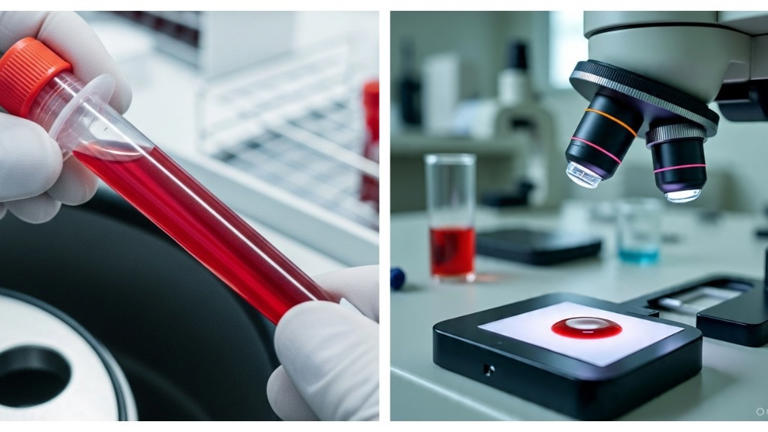CRIB Blood Group

- 31 Jul 2025
In News:
- In a landmark discovery in transfusion science, researchers from India and the UK have identified a new and ultra-rare human blood group named CRIB, with the first case detected at the Rotary Bangalore TTK Blood Centre.
- The CRIB group adds to India’s growing contribution to rare blood immunogenetics and has been officially recognised by the International Society of Blood Transfusion (ISBT) and the International Blood Group Reference Laboratory (IBGRL), UK.
What is the CRIB Blood Group?
- CRIB stands for Cromer India Bengaluru and also symbolically refers to its importance in newborn and fetal medicine.
- It is a new antigen within the Cromer blood group system, which is linked to the Decay-Accelerating Factor (DAF) protein on red blood cells.
- CRIB belongs to the broader INRA (Indian Rare Antigen) blood group system, officially recognised in 2022 by the ISBT.
Discovery and Identification:
- Detected in a 38-year-old South Indian woman undergoing cardiac surgery in Kolar, Karnataka.
- Her blood was pan-reactive, reacting with all samples including O+ blood.
- No match was found even among 20 family members, leading to further analysis.
- After 10 months of genetic study at IBGRL, UK, a novel antigen was confirmed and designated as CRIB.
Scientific and Medical Significance:
- Rare Antigen Profile: Individuals with CRIB blood type lack a high-prevalence antigen, making compatible transfusions highly complex.
- Hemolytic Disease Risk: The CRIB antigen is especially relevant in Hemolytic Disease of the Fetus and Newborn (HDFN), where maternal antibodies attack fetal red blood cells.
- Global First: It is the first discovery of its kind globally, expanding the total number of known human blood group systems.
Implications for India and the World:
- Transfusion Protocols: Requires specialised matching and CRIB-negative donor identification, necessitating rare donor registries.
- Prenatal Care: Early screening could prevent complications in pregnancies involving blood group incompatibilities.
- Healthcare Infrastructure: Highlights the need for investment in genetic screening, rare blood banks, and pan-India awareness among healthcare professionals.
- Research Opportunities: Opens new areas of study in genomics, population diversity, and immune response in transfusions.
Next Steps:
- Development of CRIB-specific antibody panels and diagnostic tests.
- Integration into global and national blood group databases.
- Promotion of international collaboration in transfusion science and rare donor management systems.
